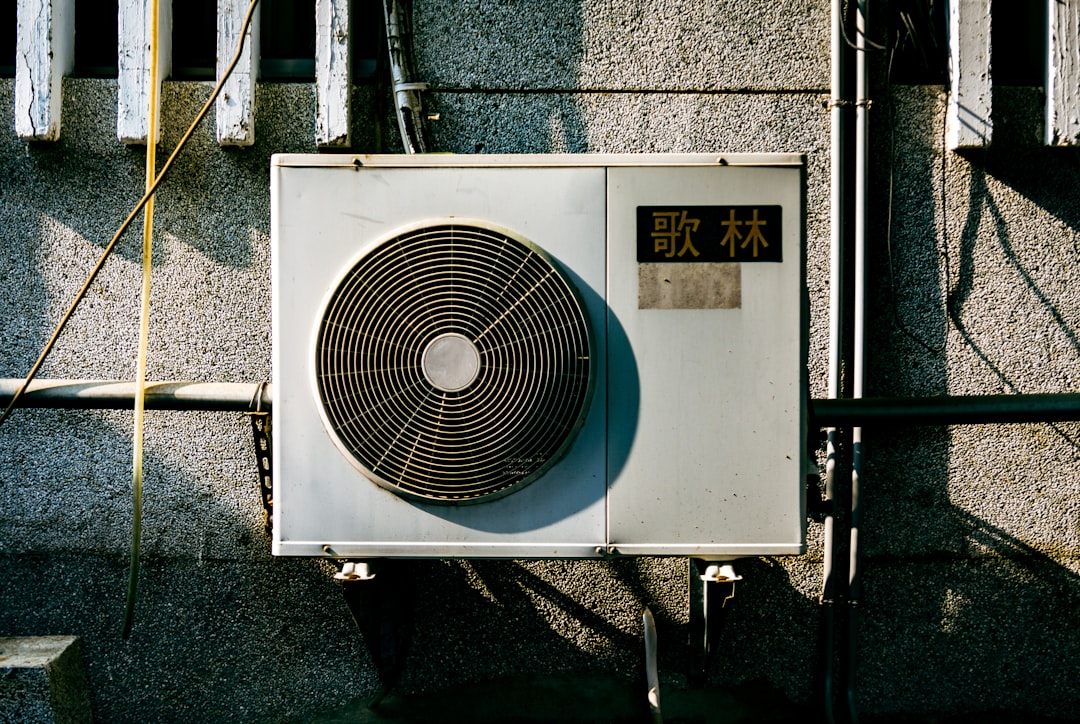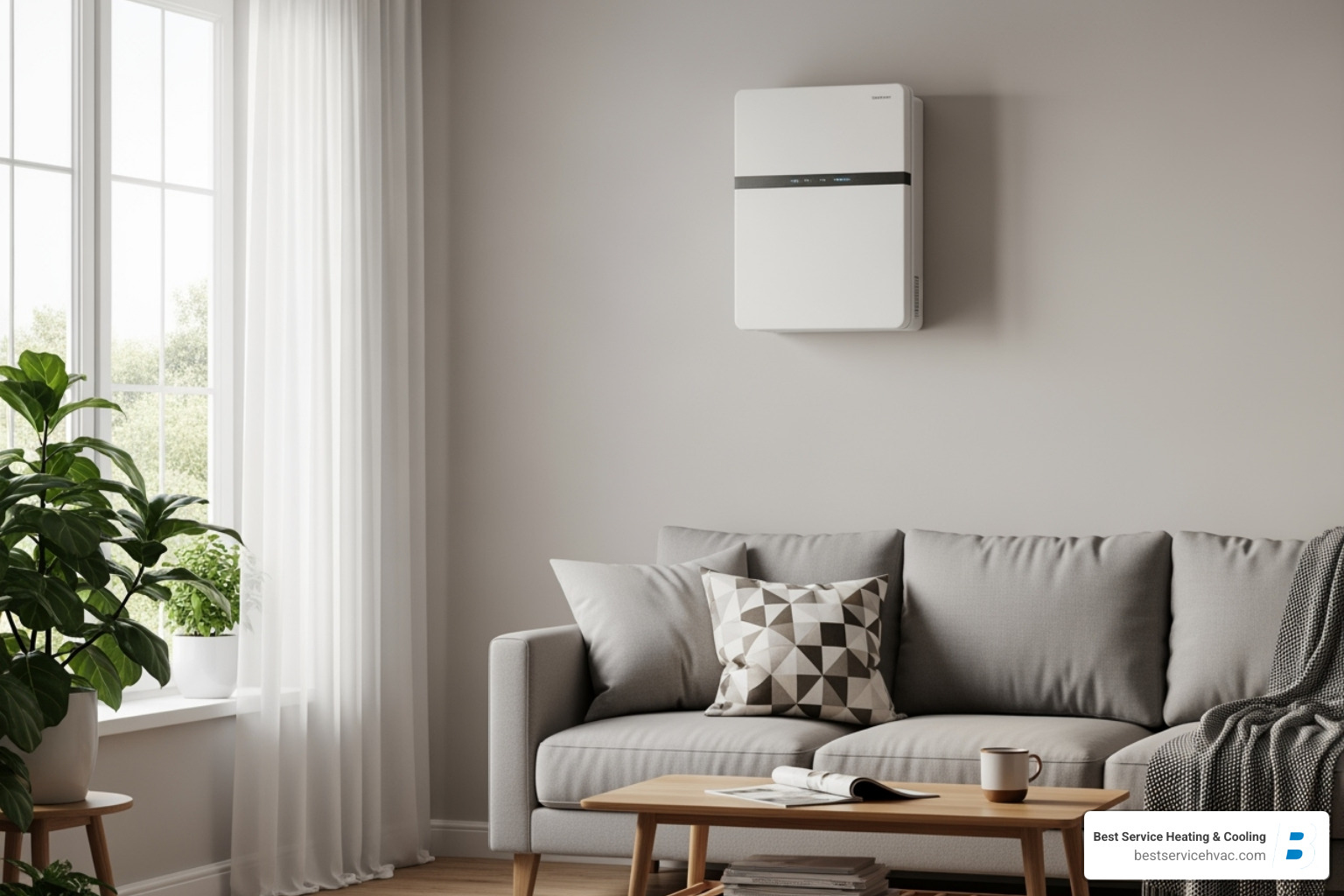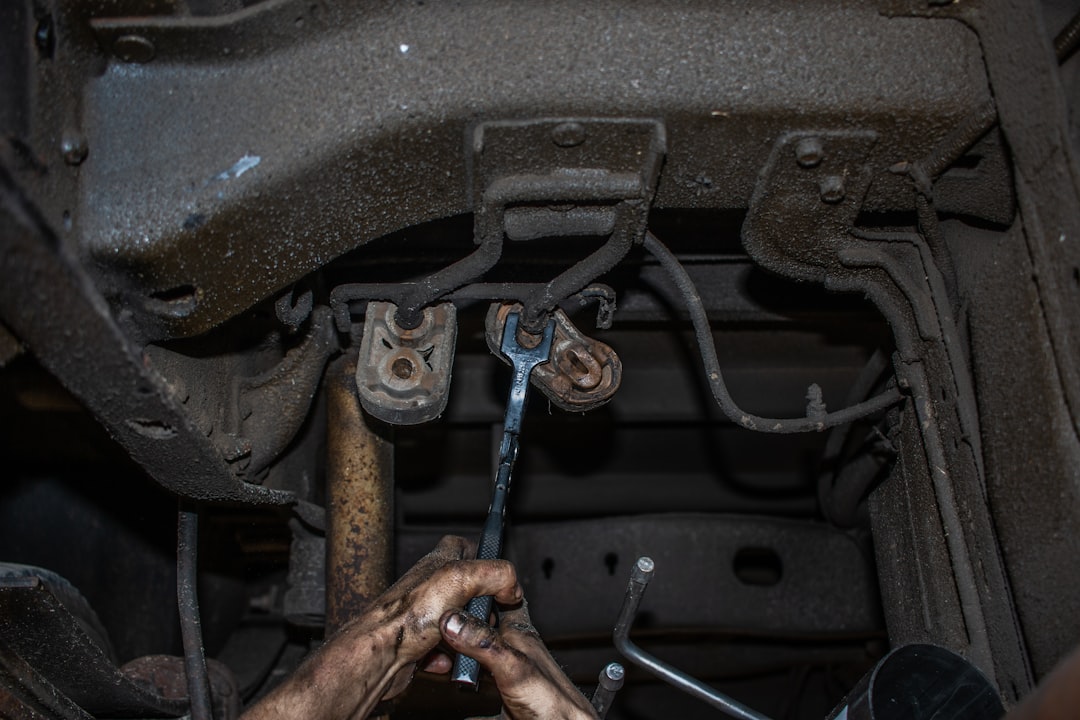An air conditioner is more than just a luxury during hot summers in Dublin — it is a necessity for consistent comfort at home. But when that same system starts leaking water or shows signs of poor drainage, it quickly turns from helpful to harmful. Water collecting around your AC unit or seeping into parts of your house can quietly lead to damage you did not expect, especially in areas like basements and drywall where moisture buildup creates bigger issues over time.
Ignoring drainage problems might seem like a small trade-off when the AC is still running, but the long-term impact can be costly. Without the proper drainage in place, your unit may develop rust or mold and even affect the overall performance of the system. More importantly, it could cause structural damage to your home if left unaddressed. The earlier these issues are caught and fixed, the better protected your home will be.
Understanding AC Drainage Problems
Your AC system pulls humidity from the air as it cools your home. That moisture then drains through a condensate line or drain pan and safely away from the unit. If something goes wrong in that process, the water does not get where it should — and it ends up pooling where it should not.
Here are some common warning signs that point to drainage trouble:
– Water around the base of your indoor AC unit
– Visible rust on the system’s components
– Musty odors coming from vents
– Unexpected spikes in indoor humidity
– AC shutting off intermittently
For example, imagine coming home after a long day to find your laundry room smelling musty. You think maybe something got wet and didn’t dry properly. After a closer look, you notice a small puddle near your AC unit. That small leak, if ignored, could slowly damage your floor, baseboards, or even trigger mold growth inside the walls. This is how a seemingly simple problem like a clogged drain line turns into structural and air quality concerns in your home.
Drainage issues are not only a problem for performance, but they also signal that something deeper is wrong inside your system. A unit that struggles to drain might also be working harder than it is supposed to, which shortens the AC’s lifespan over time.
Causes Of AC Drainage Problems And Potential Damage
Drainage issues can come up for several reasons. Some may develop slowly over time due to everyday use, while others can happen suddenly because of a breakdown inside the system. Knowing what likely causes these problems helps you keep an eye out and take quicker action when something doesn’t seem right.
Here are the most common causes of drainage problems in residential AC systems:
1. Clogged drain line – Dust, dirt, and algae can build up in the condensate drain line, blocking water from flowing out.
2. Damaged drain pan – Over time, the pan that catches moisture can crack or corrode, so water leaks directly onto the floor.
3. Disconnected drain line – Vibration or improper installation may cause the line to loosen or disconnect completely.
4. Broken condensate pump – Some systems rely on a pump to push water out. If it fails, the water has nowhere to go.
5. Frozen evaporator coils – When coils freeze, they eventually thaw and release a large volume of water too quickly for the drainage system to handle.
Any of these issues can lead to water sitting where it is not supposed to, which eventually causes visible leaks, wall and ceiling stains, or warping in wood floors. Some homes may even experience early signs of mildew growth due to extended dampness. Over time, these outcomes create unhealthy conditions and demand even more costly repairs — not just to the AC system, but to your house itself.
Preventative Measures To Avoid Drainage Issues
Waiting for drainage problems to happen puts your home and cooling system at a higher risk than necessary. Most drainage issues in AC systems are preventable with regular care and attention. Set up a routine that focuses on keeping the drain line clear, checking parts that commonly wear over time, and identifying early signs that something is off.
Here’s what every homeowner in Dublin can do to help prevent these issues:
– Schedule AC inspections at least once per year, especially before summer use
– Keep the area around your AC unit clean. Dirt and debris can make their way into the system
– Replace your air filter regularly to cut down on dust entering the unit and settling in the drain line
– Ask a technician to flush the condensate drain line during routine maintenance
– Monitor indoor humidity levels. High humidity increases condensate production, adding pressure to the drainage system
– Don’t ignore small warning signs like odors or humidity spikes. These often show up before leaks start
Routine attention goes a long way in preventing water damage and saving money on costly repairs later. While some homeowners may want to check the visible parts themselves, skilled technicians are needed to properly clean internal components, inspect the full drainage system, and run performance tests.
Combining steady upkeep with professional maintenance checks keeps your AC system safer and more efficient, especially during the warm months when it is working the hardest.
When To Call For Professional Help
Not all drainage problems are obvious right away. Many start small and become noticeable only once damage has already begun. That is why it is important to know the triggers that should lead you to pick up the phone and schedule service.
Call our professionals if you experience any of these signs:
– Water or moisture near your indoor AC unit
– Standing water in the drain pan
– Visible rust or corrosion
– Musty smells when the AC runs
– Frequent on-and-off cycling
– Unusual sounds, especially gurgling or dripping
These are more than minor annoyances. They are early warnings that your AC system is not draining properly, and ignoring them can lead to mold growth, warped flooring, or insulation damage inside the walls.
During Dublin’s hot summer stretch, a failure in your AC drainage line can quickly disrupt indoor comfort. A small amount of moisture buildup over the span of a weekend can take weeks to fully fix if mold or structural materials are damaged. Hiring our technicians at the right time keeps a manageable leak from becoming a full-blown repair project.
The Role Of Our Professionals In Addressing AC Drainage Problems
When drainage issues come up, our professionals follow a detailed process to figure out what is wrong and fix it at the source. They begin with a visual inspection to find visible leaks, water stains, or clogged drain lines. After that, they check the drain pan and piping layout to see if the system is properly aligned and draining as intended.
If a clog is found, our technicians clear the blockage using safe cleaning tools and solutions. If there is a cracked pan or damaged pump, they replace the faulty part to restore function and prevent future leaks. In some cases, where overflow shutoff switches are present but not working, they install or fix those as well.
Our diagnostics also include testing the pump, examining the float switch, and measuring how well the unit removes humidity under normal conditions. These steps help make sure the drainage problems are solved permanently, not just patched up.
In systems that show multiple concerns, our team can evaluate whether the root issue is actually connected to overall performance — like a dirty coil or poor airflow — and adjust accordingly. By looking at the full setup, they help homeowners avoid repeated breakdowns and maintain the unit’s cooling strength throughout summer.
Restore Comfort And Safety To Your Dublin Home
Water damage from a faulty AC system does not just affect how comfortable your home feels during a heatwave — it also puts the structure of your home at risk. From unwanted odors to serious long-term issues like mold and wood rot, drainage problems can leave behind far more damage than most people expect when they see a small puddle.
Paying attention to strange smells, small leaks, and sudden humidity swings can be the difference between needing a minor repair and facing costly damage. These problems do not fix themselves, and they rarely stay small for long. Tackling them early helps preserve your airflow, your walls and floors, and your peace of mind.
Make the safe, smart choice by working with trained professionals who know what to look for and how to fix it. Prompt action today means you will not spend your summer cleaning up water damage instead of enjoying your cool, comfortable home in Dublin.
At Best Service Heating and Cooling, addressing water pooling issues early can help maintain your home’s comfort and safety. If you notice signs that your AC system is struggling with drainage, our professionals offer AC repair in Dublin that swiftly targets and resolves these problems. For a quick estimate or to book a service visit, please contact us today.




